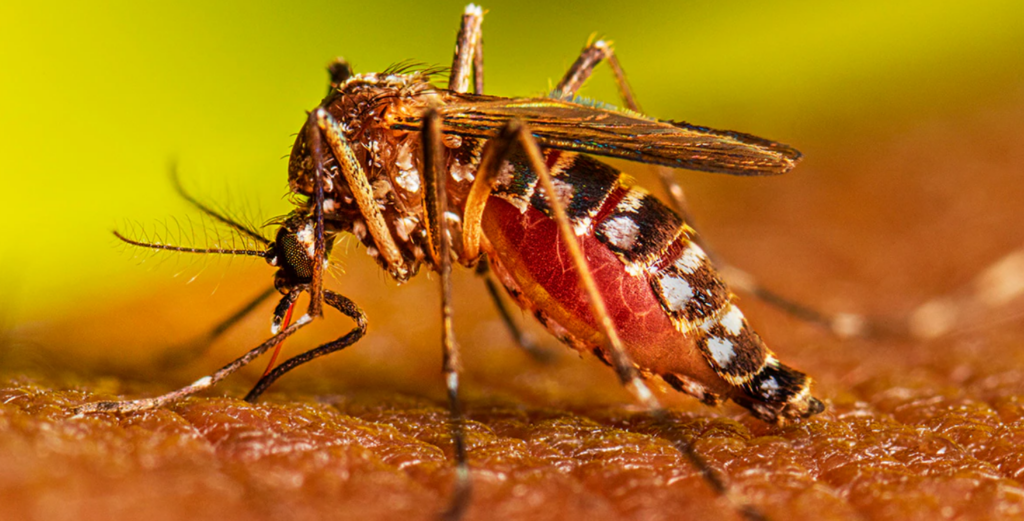Weekly dengue cases exceed 100: NEA 2023

Since the beginning of the year, the number of weekly dengue cases in Singapore has stayed over 100, with more than 2,000 cases registered as of March 24.
Saturday, March 25th, the National Environment Agency (NEA) reported that there are 39 active dengue clusters in Singapore and that the danger of dengue transmission “remains high.”
“The high Aedes aegypti mosquito population found in the neighborhood, which is 16 percent greater than during the same period in February 2022, contributed to the relatively high weekly baseline at the beginning of 2023,” the NEA stated in a press release.

More than 100 dengue cases reported weekly
In Singapore, substantial clusters of the hitherto uncommon serotype of the dengue virus (DENV-3) have been found. This is a contributing factor.
“Community exposure to DENV-3, and hence immunity, is limited, despite this serotype being the primary cause of last year’s dengue outbreak,” the report stated.
The existence of critical factors for dengue transmission might result in another outbreak this year if allowed uncontrolled, the report stated.
Dengue transmission is often highest between June and October due to the increased growth of the Aedes mosquito vector and the rapid replication of the dengue virus in mosquitoes during the warmer months.
“Since NEA anticipates an increase in the number of dengue cases in the coming months, it is imperative that all citizens and stakeholders take prompt action to reduce the Aedes mosquito population and halt disease transmission,” the agency stated.
On Saturday, NEA started its annual National Dengue Prevention Campaign in advance of the dengue season’s customary climax.
Baey Yam Keng, Senior Parliamentary Secretary for Sustainability and the Environment, asked the general public and relevant parties to take immediate concerted effort to minimize mosquito breeding areas.
IN 2022 THERE WILL BE SIX TIMES MORE DENGUE CASES THAN IN 2021.
NEA reports that 32,173 dengue cases were registered in 2022, the second-highest yearly total after the 35,266 cases reported in 2020.
The number of reported cases in 2022 is likewise six times greater than in 2021.
“In 2022, NEA conducted around 911,000 mosquito inspections across the island and discovered approximately 23,600 mosquito breeding places,” stated NEA.
“In dengue cluster regions, about 66% of Aedes mosquito breeding was discovered in private residences, 26% in public places, and 3% on construction sites.”
Risk of transmission remains high
Also, the NEA initiated 11,800 enforcement proceedings against property owners for mosquito breeding, issuing around 750 penalties and 129 stop work orders to building sites. Also, seventy-five contractors were charged with repeat offenses.
To further minimize dengue cases, the NEA advised everyone to maintain proper hygiene and implement vector control measures at all properties under their authority.
People, particularly those living in dengue cluster regions, are encouraged to take precautions.
This involves spraying pesticides in dark areas around the home, routinely applying insect repellent, and wearing long-sleeved shirts and pants.
In addition, stakeholders should take rapid steps to reduce the Aedes mosquito population and halt the spread of illness. This includes breaking up hardened dirt, lifting and emptying empty flowerpot plates, and flipping pails over down and washing their rims.
